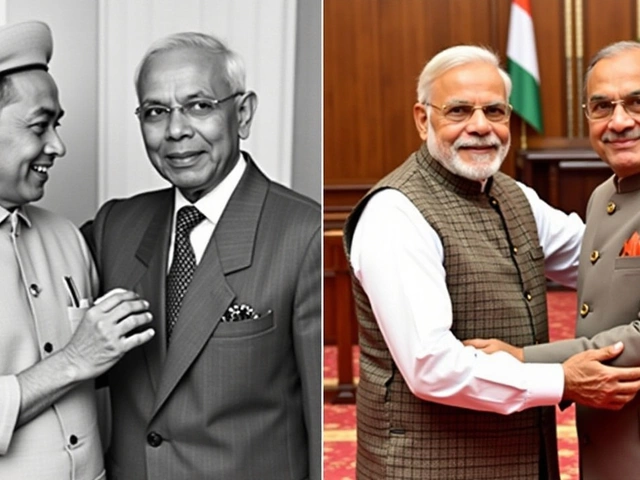LGBTQ+ Advocacy: Practical Tips and Why It Matters
Ever wondered what you can actually do to help LGBTQ+ people feel safer and heard? You’re not alone. Many folks want to make a difference but aren’t sure where to start. This guide breaks down the basics, gives you clear actions, and explains why every little effort adds up.
Why LGBTQ+ Advocacy Matters
At its core, LGBTQ+ advocacy is about fairness. When laws, schools, or workplaces treat queer folks the same as everyone else, life gets easier for millions. Discrimination still shows up in hiring, housing, and even everyday conversations. Those gaps create stress, health problems, and missed opportunities. By speaking up, you help close those gaps and show that respect isn’t optional—it’s a right.
Beyond the big picture, advocacy builds community. When people see allies standing with them, they feel less isolated. That sense of belonging can turn a scary world into a supportive one. It also pushes leaders to listen, because they can’t ignore a united voice for too long.
Simple Actions You Can Take Today
Start with the easy stuff: use correct pronouns and names. It sounds tiny, but it tells someone you see them for who they are. If you mess up, apologize quickly and move on—no drama needed.
Next, check your media. Follow LGBTQ+ creators on social platforms, read their stories, and share content that spreads positivity. Seeing real lives on screen breaks stereotypes and gives you fresh perspectives.
Volunteer with local groups. Many cities have LGBTQ+ centers that need help with events, hotlines, or simple admin work. Even a few hours a month can free up staff to focus on bigger projects.
If you’re at work, suggest inclusive policies. That could be adding gender‑neutral bathrooms, offering partner benefits to all, or holding training on bias. Most companies want to look good on diversity scores, so a well‑written proposal can get fast action.
Support LGBTQ+ businesses. Buying from queer‑owned shops, restaurants, or artists not only boosts their income but also signals market demand for inclusive products.
When you hear a hateful comment, speak up. You don’t need a speech—just a quick, "That’s not right" can make the speaker think twice. Over time, those small interrupts change the room’s vibe.
Finally, stay informed about legislation. Follow a few reliable news sources or sign up for alerts from advocacy groups. Knowing what bills are moving helps you vote, sign petitions, or call representatives at the right moment.
Remember, advocacy isn’t a one‑time thing. It’s a habit of checking in, learning, and acting when you can. Each step you take makes the world a bit fairer for LGBTQ+ people, and the ripple effect reaches far beyond the immediate community.
Dr. P.J. Sedillo's Groundbreaking Work on Suicide Resiliency Tool Garners Global Recognition
Dr. P.J. Sedillo has earned international praise for his innovative research on suicide resiliency, particularly through the SOAR assessment tool. This tool seeks to identify mental health stressors and protective factors, targeting a wide-ranging demographic to create real-time solutions. Sedillo is deeply committed to LGBTQ+ advocacy and inclusive education. His research is set to extend with nationwide studies for enhanced impact.





